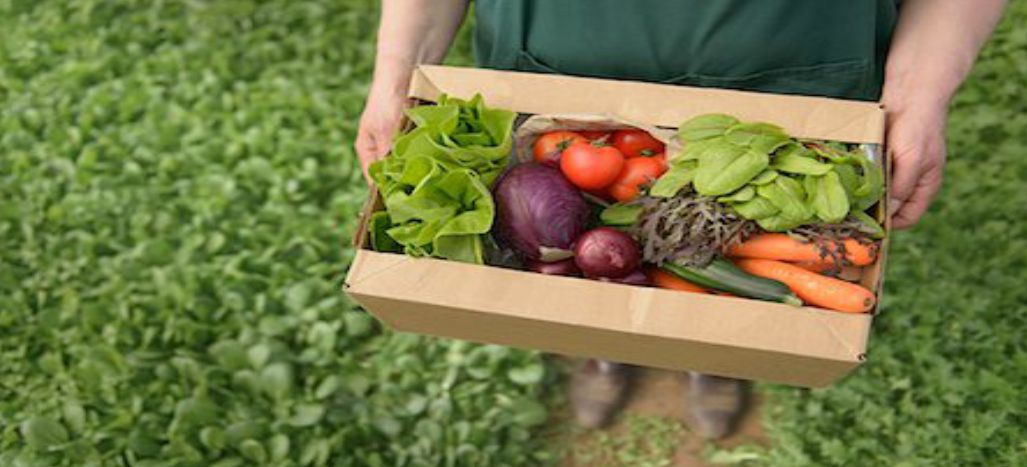
It is unfortunate that many people are not very understanding of why it is difficult for people who are not exposed to the vegetarian philosophy cannot understand why living without meat in your diet is not only a better way to live, it is a better way to eat as well. But unless you were born a vegetarian and raised that way, there was some point when you went through that transition. You may be able to remember thinking that vegetarians were nutty and when you could not imagine a meal that did not have a slice of meat as its core ingredient.
Society doesnít help us evolve toward a meat-free world. For one thing, there is an entire industry devoted to keeping us hooked on meat. While that may not be as sinister and frightening as industries keeping us hooked on cigarettes, it does mean that these industries must thrive on raising and selling meat so there is no "understanding" coming from these powerful lobbies. Restaurants are often also not helpful when 90% of their menu offerings are meat-based and when they do serve the meals, they are such large portions that their guests naturally eat too much and the wrong things at that.
Fortunately, the vegetarian way of life is becoming more common and more understood every year. As more and more people see the value of becoming a vegetarian and how much their quality of life will improve, the vegetarian culture continues to grow. And as the population moves in this direction, businesses will follow and we will see more and more businesses and restaurants wanting to serve a growing vegetarian population. When you see McDonald's offering salads and vegetable alternatives as they have done in the last few years, you know that the vegetarian quality of life is getting to be better known.
It's good for those of us who can plainly see that the difference in the quality of life as a vegetarian compared to before the transition is as different as night and day to be able to have some understanding of our cultural bias toward meat-eating. After all, civilization has been meat-based for a long time. Perhaps as far back as the caveman days, the male urge to hunt meat for food is deeply ingrained in us as a species. So to switch to becoming a culture that hunts for vegetables rather than meat is going to be a difficult transition at a cultural level and it is going to take some time.
We should take heart from other large scale changes to how culture works because as a people, we can change. The migration away from smoking is a great example. Just scant 20 or so years ago, smoking was considered a natural way of life and almost everybody smoked. As the dangers of smoking became more evident and as the quality of life nonsmokers enjoyed became clearer, slowly society responded.
That's not to say the change came easily. Giving up meat may be as difficult for some as giving up cigarettes is. But we now live in a world where public smoking is rare and the percentage of smokers to nonsmokers in society is small. That is progress and we can use that movement as inspiration so that we too can bring society around to understand that giving up meat as the heart of our national diet will result in a higher quality of life for everyone.